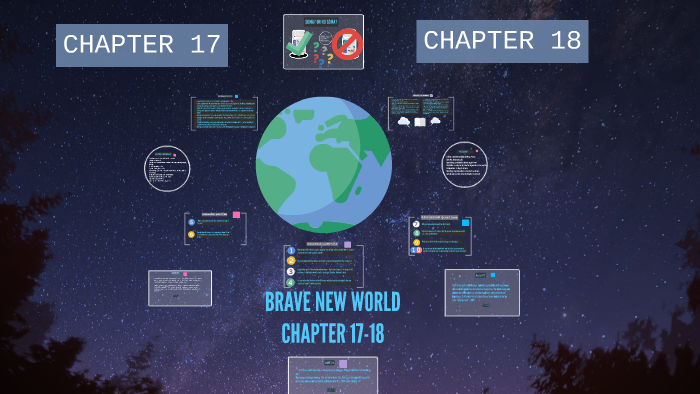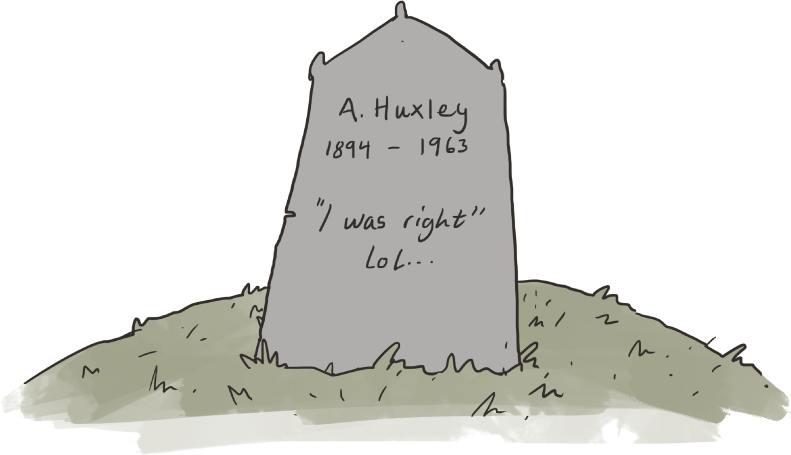

Contrast what Henry Foster expects from his relationship with Lenina with what Bernard Marx wants from her. You might consider writing an essay on Huxley’s use of rejuvenation therapy in BNW. Yeats underwent such rejuvenation therapy and reported positive results.) By 1929, the Marx Brothers famously alluded to this rejuvenation fad in their song “Monkey Doodle-Doo” in their film The Cocoanuts: “Let me take you by the hand/Over to the jungle band/If you’re too old for dancing/Get yourself a monkey gland/And then let’s go, my little dearie, there’s the Darwin theory…” He is almost certainly referring to the rejuvenation theories of Steinach and Voronoff.) Interestingly, late in his life, W. Huxley refers throughout the novel to ductless glands, adrenals, pituitary glands, internal and external secretions, and gonads. Look up the scientists Serge Voronoff (1866-1951) and Eugen Steinach (1861-1944). The utopian society of the Brave New World apparently minimizes the problems associated with old age through hormone treatments (Violent Passion surrogates, gonadal hormones). After reading Mond’s history lesson in Chapter 3, give the chief reason for the creation of the Brave New World. In a brief essay, compare Huxley and Eliot’s use of juxtaposition of past versus present. Give one example of Mond’s being depicted as an ironic Christ figure: it occurs near the end of the chapter. Sometimes only one line intervenes until Mond or Lenina/Fanny take up their lines. Try placing an M for Mond at the beginning of each of his scenes, L for Lenina’s as they counterpoint, and notice how gradually the interval between Mond’s words and Lenina’s gets reduced. Scenes shift between the DHC and Mond’s history lesson and the dialogue between Foster, the Assistant Predestinator. Then we see Henry Foster snubbing Bernard Marx at the embryo store as Lenina enters. In the first two and a half pages of Scene 1, in Chapter 3, we observe the DHC and his students outside the Hatchery and Conditioning Centre, watching the children at play-first, Centrifugal Bumple-Puppy, then erotic play followed by the introduction of the World Controller, Mond then to indicate a shift of scene and character, comes a double space. Scenic cuts become faster as the chapter advances. This device is especially evident in Chapter 3, where settings and character shift with no transition devices being offered to the reader. Eliot’s The Waste Land, uses montage technique as in film. What is the world’s population in 632 A.F.?. Write a brief essay in which you speculate that Huxley borrowed ideas from Wells, especially Chapters 14, 15, and 20 from his dystopia “When the Sleeper Wakes.”. Wells’s A Modern Utopia (1905) or that of Men Like Gods (1923). Describe how the government of the brave new world resembles that of H. Do Alphas and Betas undergo Bokanovsky’s Technique?. Compare Huxley’s use of colour imagery in this chapter with that of Dickens in the second chapter of Hard Times. What aspect of the word is central to the world state’s philosophy? 

Look up the word “identity” in a good dictionary.If a 34-storey building is described as “squat,” then what kind of irony is Huxley using here? Notice the two sentence fragments with which Huxley begins the novel.
#Chapter 18 brave new world pdf plus#
Et peut-être un siècle nouveau commence-t-il, un siècle où les intellectuels et la classe cultivée rêveront au moyens d’éviter les utopies et de retourner à une société non utopique, moins “parfaite” est plus libre. Et nous nous trouvons actuellement devant une question bien autrement angoissante: Comment éviter leur réalisation définitive? Les utopies sont réalisables. 262: Les utopies apparaissent comme bien plus réalisable qu’on ne le croyait autrefois. He created the word by combining the Greek prefixes “ou”and “eu” with the sufffix “topos.” Define the two Greek prefixes and the Greek suffix, and then show how the concept of utopia is inherently playing with two different places.Įpigraph-What is an epigraph? Huxley uses the following quotation from Nicolas Berdiaeff, Un nouveau moyen age 1927, p. Sir Thomas More coined the word “utopia” in his fictional work Utopia, first published in Latin in 1516.







 0 kommentar(er)
0 kommentar(er)
